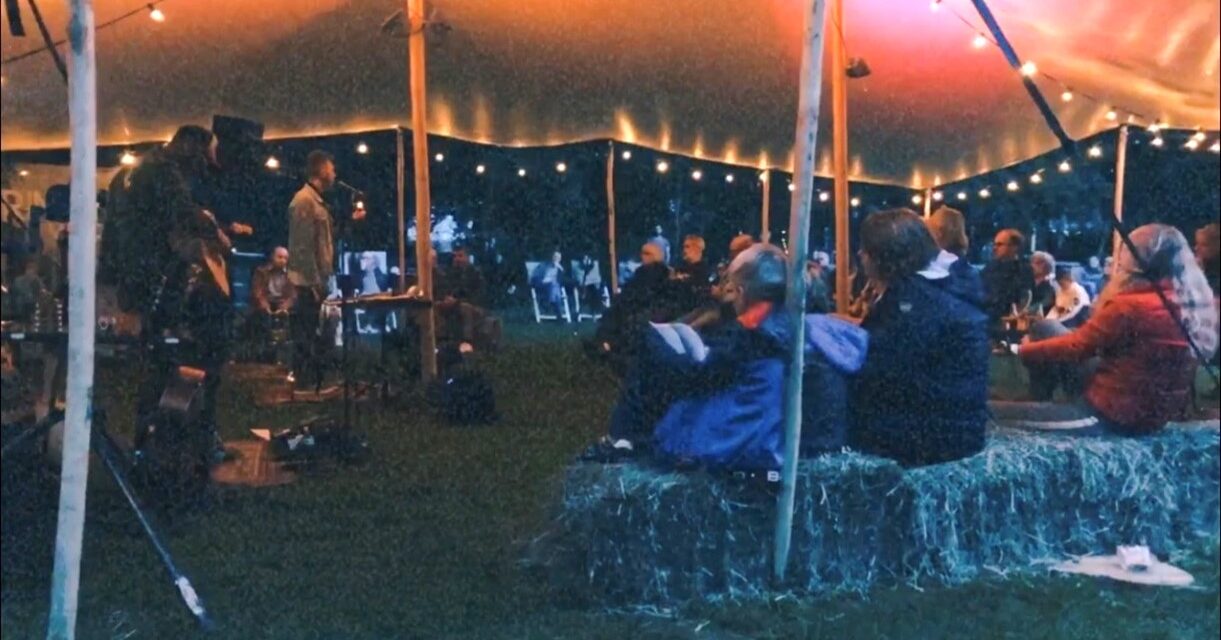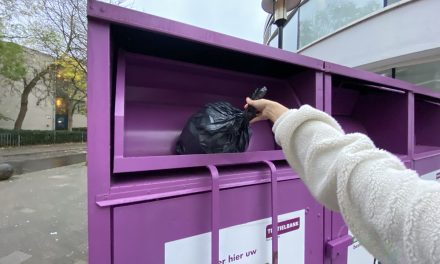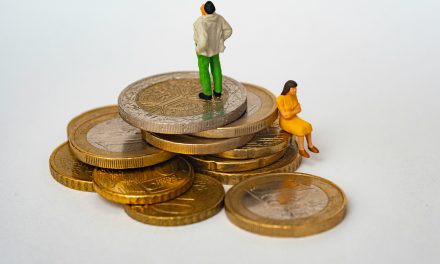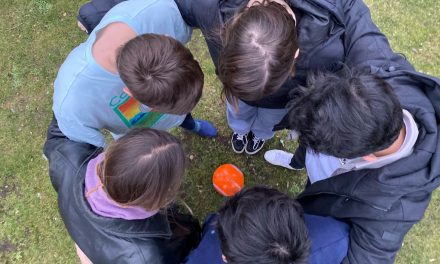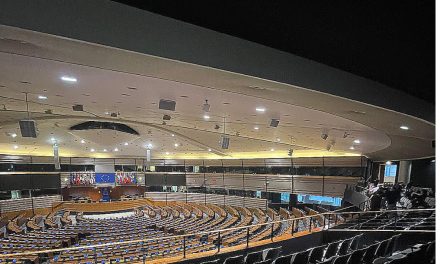In the last decennia more and more people visit concerts. For musicians concerts became even more important as the income from new albums are reduced by Spotify and YouTube. Sadly, the pandemic spoiled the party. For a long time, all kinds of concerts and other live performances were forbidden in most countries in Europe. What was the effect on musicians?
One of the first big events that was cancelled, was the 65th edition of the European Song Festival, which would have taken place in Rotterdam in the Netherlands in May. This left artists without income, planned albums could not be released and collaborations could not be performed.
Musicians had to be creative and came up with a lot of different online initiatives. Now, slowly there are possibilities seen to perform in real life.
Real life performance
 Last week, there was an outside gig on a little camping in a small village in the east of the Netherlands, initiated by the band Trinity.
Last week, there was an outside gig on a little camping in a small village in the east of the Netherlands, initiated by the band Trinity.
The environment was casual, dressed up with hay bales, fire pits and strings of light. People brought their own blankets, thermo bottles with tea, and little snacks for in the break. The tone was set, before the first notes were even played.
Elbert Smelt, the bandleader said “We are so happy to finally perform again. We had so many shows planned at different places in Europe. We had our agenda fully booked for the rest of the year, unfortunately all of that was cancelled at the beginning of the corona outbreak.”
During the break and after the performance the visitors found out they had one thing in common; they all sighed how badly they had missed listening to live music and being together. About the safety of the gathering; the regulations of the Dutch health organization were followed. There was a walking route, it was outside, and the one point five meters distance was maintained to great delight of the band. As the Elbert Smelt said: “We are going through hard times, and as weird as it sounds, this is our only income.”
Online initiatives
There are also other initiatives seen in the music industry. A lot of artists turned to Facebook, where they organized live stream performances for small contributions or they organize masterclasses and music classes. An impressive shout for help is heard from the German pianist Igor Levit, as he has performed a 20-hour marathon concert, in which he played one single piece of music to raise awareness of artists’ difficulties during the pandemic. He played “Vexations” by Erik Satie, which is actually one of the longest works in the history of music. It consists of just a few notes which are played 840 times.
Music in other parts of Europe
Slowly, small initiatives are coming up to see bands play in real life and to enjoy the feeling of listening together to music. Is this allowed in all parts of Europe and if so, is it responsible and safe?
In the Netherlands these little concerts are still really rare, however in other countries, Greece for example, people were already attending concerts at the beginning of the summer. What is the difference? The Greek government is praised by their pro-active attitude towards the corona crisis, as the damage the pandemic brought stayed relatively low in Greece. This is mainly due to their strict restrictions at the beginning of the year. Which has led to a safer environment now to meet up and to listen to live music, in other words; good things come to those who wait.
How do other European countries handle the dilemma? Sweden, with its ‘free’ policy, allows concerts with less than 50 people. Italy honoured the people who died due to the coronavirus with a Requiem concert, which was performed in front of the cemetery in Bergamo. The Italian president Sergio Mattarella attended the event, which was held in the epicentre of Italy’s outbreak. In Poland concerts can be organised. However, the number of participants is limited to 25% of the capacity indoors and up to 100 participants outdoors and everyone is obligated to wear a face mask.
Must the show still go on?
There is no clearance yet how long this corona crisis will endure. Therefore, it is important to stay open for small initiatives from musicians and to see possibilities. Yes, be safe and responsible but keep supporting live music. It’s good for the musicians but also for our souls.
